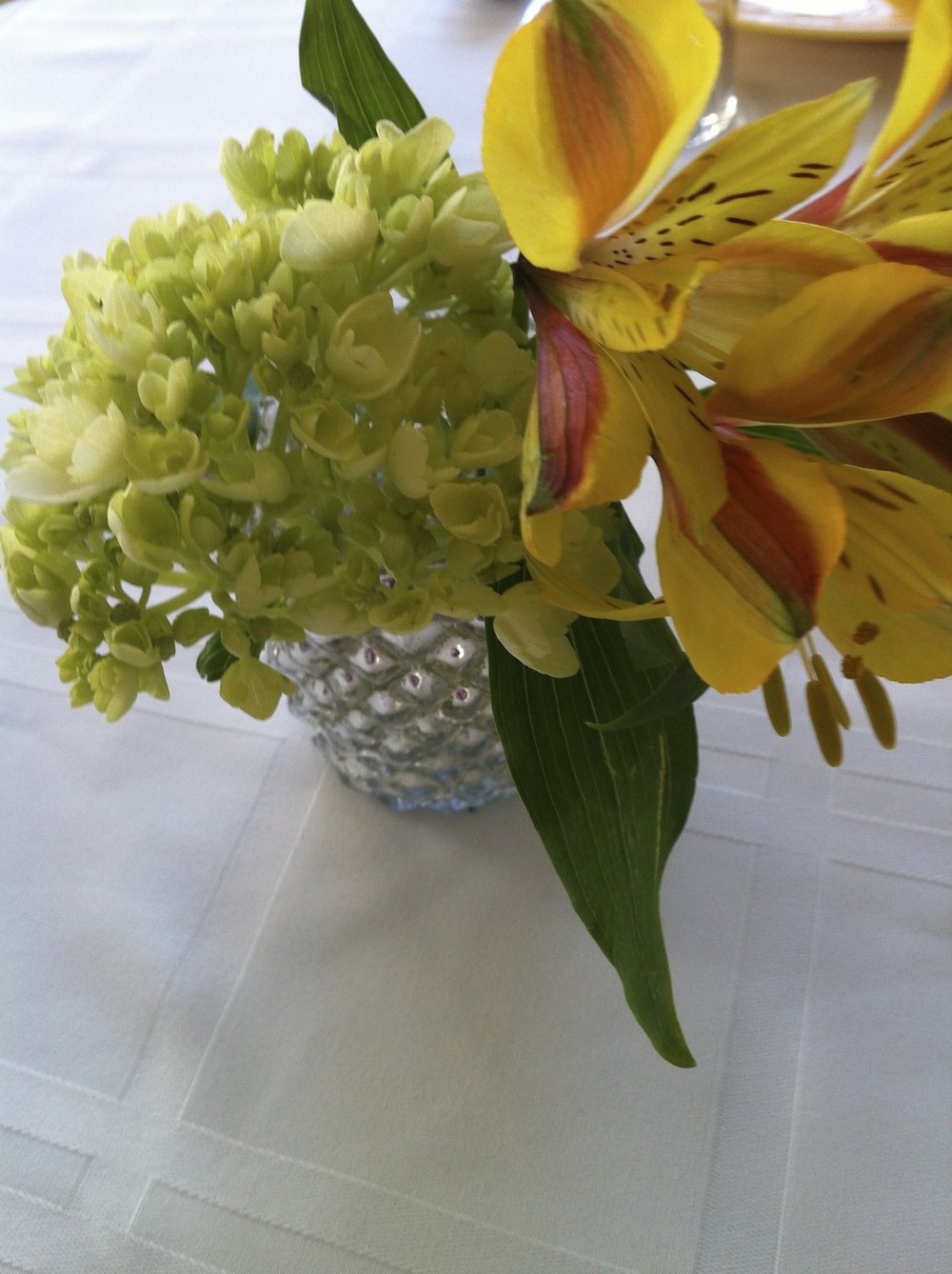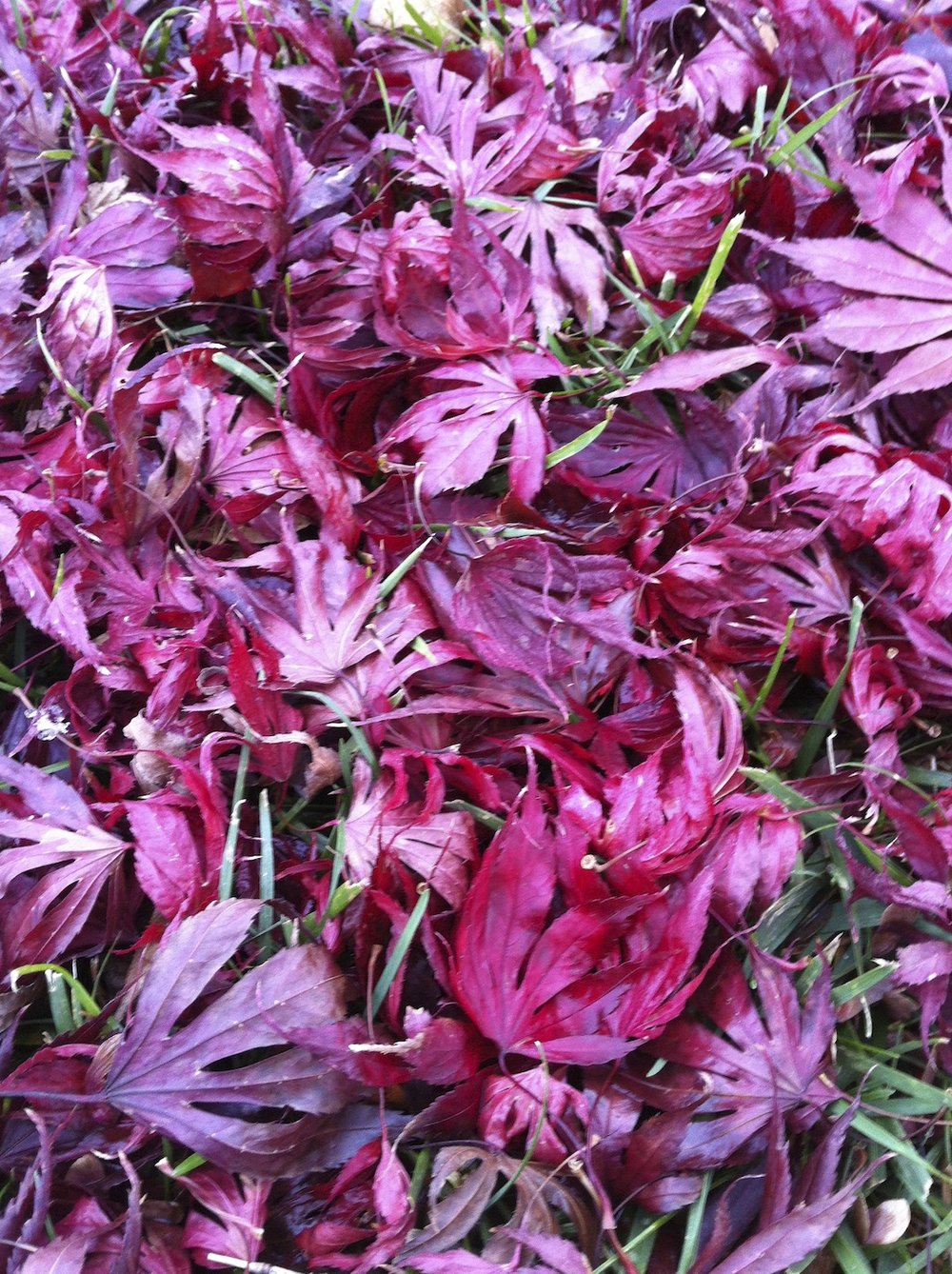 Is it possible to find balance during the holiday season? This can be a stress-filled time between the parties, shopping, wrapping, and comings and goings of our loved ones. There’s an atmosphere of flux and movement. While perfect balance is an unrealistic goal, there are ways to navigate this time to encourage less stress and more joy.
Is it possible to find balance during the holiday season? This can be a stress-filled time between the parties, shopping, wrapping, and comings and goings of our loved ones. There’s an atmosphere of flux and movement. While perfect balance is an unrealistic goal, there are ways to navigate this time to encourage less stress and more joy.
1. Adjust – We often expect things to happen in a certain way...”our” way. Those expectations can extend to how we’d like others to behave and act. While it’s reasonable to have certain expectations (like you invite people to a party and if they say they’re coming, they’ll be there,) it’s unrealistic to expect that people won’t cancel at the last minute or ask to bring an extra guest. Life happens and things don’t always go according to our plan. Being flexible is a useful strategy. It will help reduce the holiday season stress.
2. Marvel – There are moments of joy to notice and embrace wherever we turn. From watching your children enjoy one another’s company, to seeing your holiday table filled with your family and friends, to smelling the sweet scents of burning candles, to tasting that first morsel of homemade apple pie, to laughing until the tears roll down your cheeks, the season offers many opportunities for joy-filled moments. Engage your senses and your heart. Focus on what you see, feel, hear, smell, and taste. Appreciate the joy.
3. Let Go – Especially with guests around, we want everyone to be happy, get along, and feel “festive.” Or, is that just me? Big surprise. We’re responsible for own behavior and moods, but we have no control over others. This time of year can include big transitions that are accompanied by questions and uncertainties. Our youngest daughter will graduate college soon, and our oldest daughter is making plans for the next part of her journey. While they know what they’re doing today, fast forward a few months and life will be different. We can give our emotional support, but we can’t live their lives for them. Focus on how you can help (if help is even wanted.) Then step back and let go. This will result in less stress for you and them.
4. Organize – We each have different ideas about what it means to be or feel organized. There is no one way of being, doing, or structuring our lives. However, figuring out what makes sense for you can greatly enhance how balanced you feel, especially during the holidays. For me, having easily updateable “party” lists, knowing where my entertaining supplies are stored, and making time to plan party details with my husband, help me to feel organized. Invest the energy and time in discovering the organizing strategies that will work for you. If you’d like help strategizing and implementing organizing solutions, call or email me anytime.
5. Select – We love to say, “yes,” don’t’ we? However, especially during this season (well, any season, really,) remembering the other option, “no” is just as important. There will be many invitations for fabulous events and parties. The options for fun are abundant. However, being selective about what you choose to do, will allow you to enjoy even more the events you do attend. It’s about finding your balance between “yes” and “no.” Look at your calendar. Consider your energy. Then decide.
6. Create – Getting your hands, mind, and body fully engaged in creative pursuits is a wonderful way to restore balance and reduce stress. During this season, there are many opportunities to engage in these types of activities, but you might not think about them in that way. A slight perspective shift can turn the most innocent of pursuits into creative adventures. Some of my recent creative play included making a new soup recipe, decorating the Thanksgiving table, writing in my journal, arranging flowers, taking photos, and playing Charades. There’s nothing quite like activating our creativity (in whatever form it takes) to energize us.
The holiday season is here. Do any of these strategies resonate with you? Do you have others to share? Come join the conversation.




